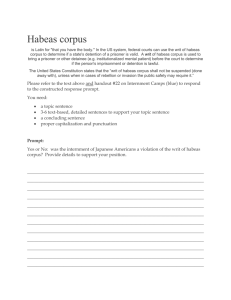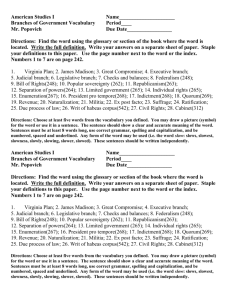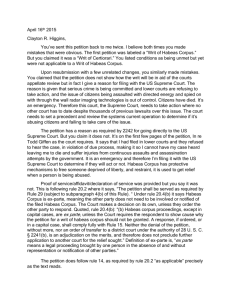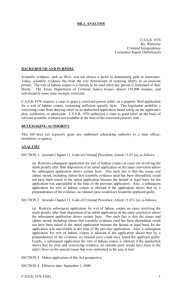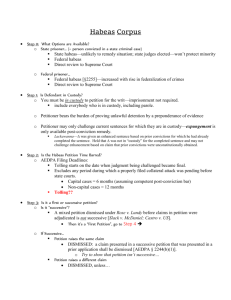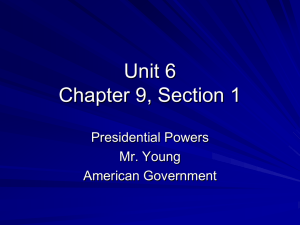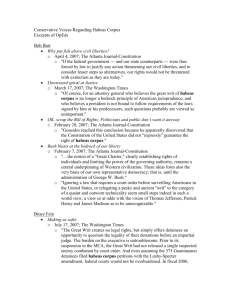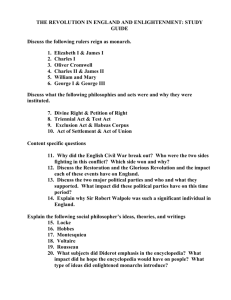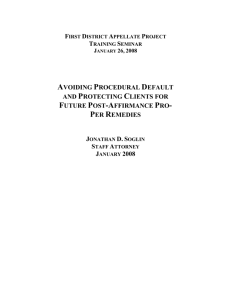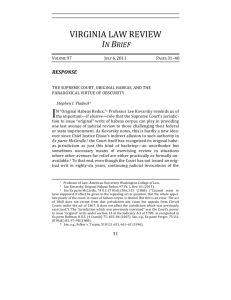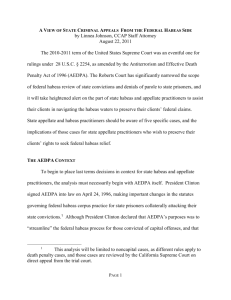In Search of Fairminded Jurists
advertisement
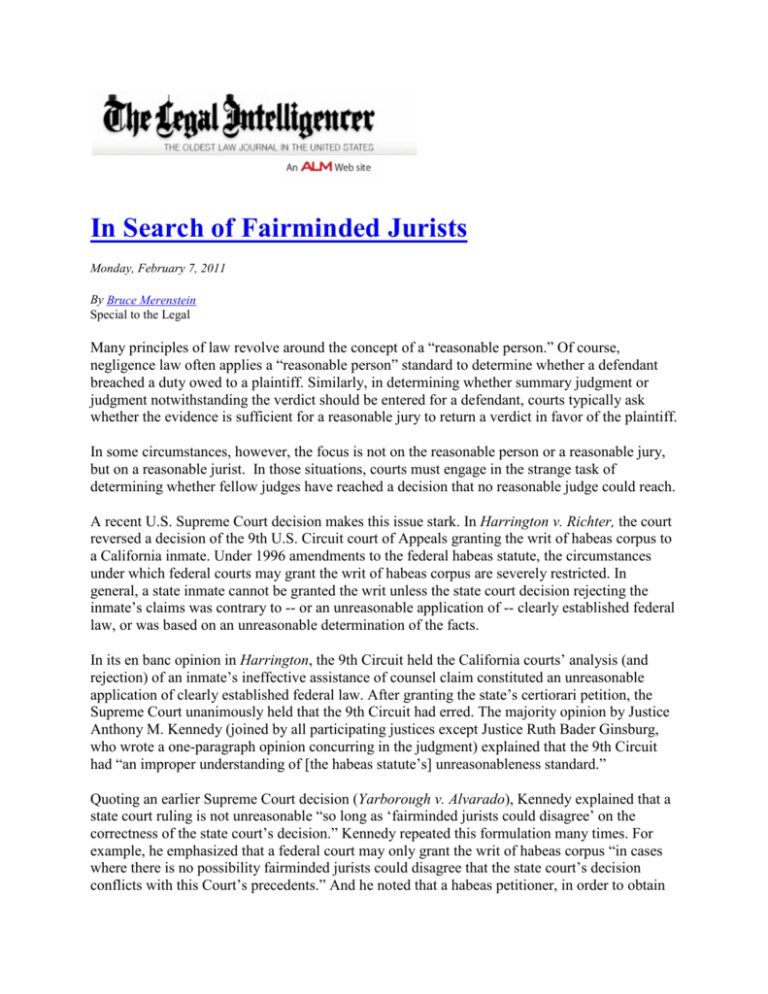
In Search of Fairminded Jurists Monday, February 7, 2011 By Bruce Merenstein Special to the Legal Many principles of law revolve around the concept of a “reasonable person.” Of course, negligence law often applies a “reasonable person” standard to determine whether a defendant breached a duty owed to a plaintiff. Similarly, in determining whether summary judgment or judgment notwithstanding the verdict should be entered for a defendant, courts typically ask whether the evidence is sufficient for a reasonable jury to return a verdict in favor of the plaintiff. In some circumstances, however, the focus is not on the reasonable person or a reasonable jury, but on a reasonable jurist. In those situations, courts must engage in the strange task of determining whether fellow judges have reached a decision that no reasonable judge could reach. A recent U.S. Supreme Court decision makes this issue stark. In Harrington v. Richter, the court reversed a decision of the 9th U.S. Circuit court of Appeals granting the writ of habeas corpus to a California inmate. Under 1996 amendments to the federal habeas statute, the circumstances under which federal courts may grant the writ of habeas corpus are severely restricted. In general, a state inmate cannot be granted the writ unless the state court decision rejecting the inmate’s claims was contrary to -- or an unreasonable application of -- clearly established federal law, or was based on an unreasonable determination of the facts. In its en banc opinion in Harrington, the 9th Circuit held the California courts’ analysis (and rejection) of an inmate’s ineffective assistance of counsel claim constituted an unreasonable application of clearly established federal law. After granting the state’s certiorari petition, the Supreme Court unanimously held that the 9th Circuit had erred. The majority opinion by Justice Anthony M. Kennedy (joined by all participating justices except Justice Ruth Bader Ginsburg, who wrote a one-paragraph opinion concurring in the judgment) explained that the 9th Circuit had “an improper understanding of [the habeas statute’s] unreasonableness standard.” Quoting an earlier Supreme Court decision (Yarborough v. Alvarado), Kennedy explained that a state court ruling is not unreasonable “so long as ‘fairminded jurists could disagree’ on the correctness of the state court’s decision.” Kennedy repeated this formulation many times. For example, he emphasized that a federal court may only grant the writ of habeas corpus “in cases where there is no possibility fairminded jurists could disagree that the state court’s decision conflicts with this Court’s precedents.” And he noted that a habeas petitioner, in order to obtain relief, must demonstrate that a state court ruling “was so lacking in justification that there was an error well understood and comprehended in existing law beyond any possibility for fairminded disagreement.” Taken at face value, then, the court would appear to have held that a habeas petition must be denied if a single “fairminded” or “reasonable” jurist agrees with a state court rejection of a habeas petitioner’s claim. So, if a federal trial judge (or magistrate judge) rejects a habeas petition, the court of appeals must affirm unless it concludes that the trial or magistrate judge is not “fairminded” or “reasonable.” And if a court of appeals panel is split on the issue of relief for a habeas petitioner, with two judges voting for relief and one against, the two judges in the majority must accede to their dissenting colleague, unless they are willing to label him or her not fairminded or unreasonable. Finally, if a habeas case reaches the Supreme Court, Harrington would appear to require that the court reject the petition unless it unanimously finds that the state court’s application of federal law is unreasonable. If, on the other hand, a divided court finds that habeas relief is warranted, the dissenting justices will be deemed not fairminded, since Harrington says any disagreement among fairminded jurists calls for denial of relief. Bruce P. Merenstein is a partner with Schnader Harrison Segal & Lewis, with a practice focused primarily on appellate litigation in state and federal courts. He can be reached by e-mailing bmerenstein@schnader.com. This posting is intended only to inform, not to provide legal advice; and readers should seek professional advice for specific applications of the information. This post originally appeared on The Legal Intelligencer Blog. 2
